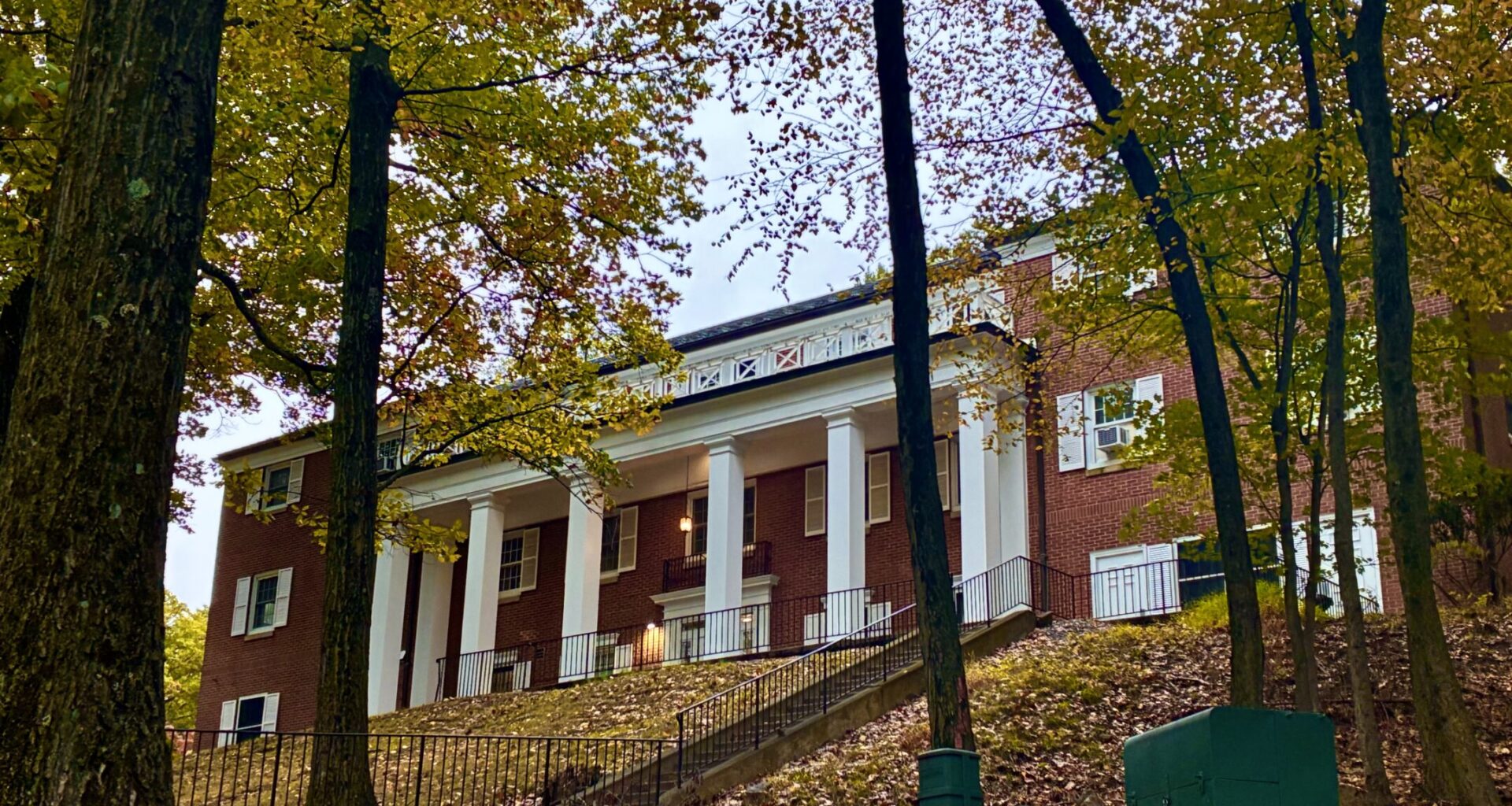Lehigh is set to bring the Pi Kappa Phi fraternity, also known as “Pi Kap,” to the hill in spring 2026.
Unlike all previous fraternities and sororities brought to campus, Pi Kappa Phi has no Lehigh alumni network, causing confusion for alumni who believed an organization with a history on campus should have been prioritized.
The Lehigh Interfraternity Council announced in October 2023 that Pi Kappa Phi would be one of two additional fraternities joining Lehigh, along with Pi Lambda Phi which was officially established in 2024.
According to the Lehigh Greek Community blog, the university received 22 applications for fraternities, and five were selected to present on campus about their organization.
Alexandra Smith, the associate director of fraternity and sorority life, said each organization that applied submitted informational packets about their fraternity detailing their history, structure, resources and culture.
From there, the committee of students, IFC representatives and Lehigh administrators reviewed five organizations to come to campus to present their organization in person.
Smith said the decision to accept Pi Kappa Phi was a student-driven choice. She said a selling point for her was that representatives from Pi Kappa Phi were also trying to appeal to faculty and staff who are not affiliated with Greek life by inducting adults and campus partners into the organization.
Smith also said the choice to bring Pi Lambda Phi and Pi Kappa Phi onto campus was partially because of their risk management policies.
Smith said each Greek chapter has different national policies in regards to risk management and Pi Kappa Phi’s policies stood out as robust.
Of the nine fraternities currently on Lehigh’s campus, five are on some extent of disciplinary conduct status. Delta Chi, Delta Upsilon, Psi Upsilon and Sigma Phi Epsilon are on disciplinary probation. Pi Lambda Phi has been interimly suspended since Sept. 4, according to Lehigh’s Office of Student Involvement.
“Risk management is a huge issue here at Lehigh,” Smith said. “We’re a very at-risk campus, so when it comes to fraternities, I think that was a glimmer of hope for our students.”
Pi Kappa Phi will move into House 97 on the hill, with their recruitment period running from the beginning of the spring semester until spring break. The house was previously used as the Outdoor Enthusiasts House, one of five upper-classmen themed housing communities.
According to the initial Lehigh Greek Community blog post announcing Pi Kappa Phi’s arrival, the fraternity has a “unique approach toward positive alumni engagement, mental health resources for all members and enthusiasm for fostering a healthy fraternal experience” that made them stand out in the selection process.
According to Pi Kappa Phi’s website, the fraternity has more than 150 active chapters nationwide and more than 160,000 members.
Sarah Johnson, the chief growth officer of Pi Kappa Phi, said the national organization will bring two full-time staff members to campus in the spring to support the initial recruitment process.
She also said there will then be a seven-week recruitment period where members will become familiarized with and integrated into the Lehigh community.
Johnson said Lehigh has been a “dream institution” for Pi Kappa Phi for a long time. She also said the organization focuses on leadership and hands-on community service opportunities, especially the importance of making campus facilities more accessible to everyone.
Amid excitement about the new chapter, David Polakoff, ‘86, the former president of Lehigh’s Greek Alumni Council and former president of the Sigma Alpha Mu fraternity, said he believes a fraternity with preexisting Lehigh alumni networks should have been chosen over a new one.
“Let me be clear, I want this fraternity to succeed,” Polakoff said. “That being said, I, and other alums, are vexed, miffed and perplexed as to why a chapter that has never been on Lehigh’s campus was given that right to be part of the expansion.”
Polakoff said according to Lehigh’s 2004 Greek Life Implementation Report, preference should be given to formerly recognized Lehigh fraternities.
He also said when he was a student, there were an abundance of organizations that assessed each fraternity and sorority to ensure they were complying with guidelines, including the Greek Life Implementation Group and the Strengthening Greek Life Initiative, but now, these committees seem to have disappeared.
According to the Student Affairs website, the Strengthening Greek Life Initiative dissolved in 2014 when a committee re-visioned the accreditation process.
He said he places a great deal of responsibility on the administration that didn’t uphold the work done to protect Greek Life guidelines by previous administrators, alumni and undergraduates.
Polakoff said there were 32 fraternities on campus when he was an undergrad. He credits the drop in numbers of fraternities not only to the Lehigh administration, but also to the fraternities’ own behavior.
“Unfortunately, there’s a sense of arrogance that says, ‘Oh, that won’t happen to us, we won’t get caught,’ and of course, they get caught,” Polakoff said.
Johnson said although Pi Kappa Phi doesn’t have alumni from Lehigh, the fraternity has more than 400 living alumni within a 25-mile radius of campus.
“(These alumni) are really excited and eager to support a new start to a new chapter,” Johnson said. “Not only is it not their chapter, they’re just excited to promote and expand Pi Kappa Phi’s brotherhood to another group of students.”

